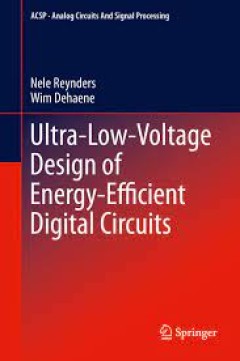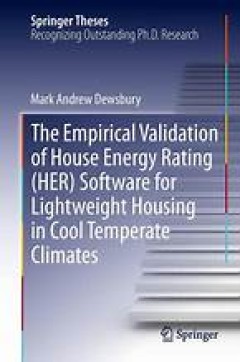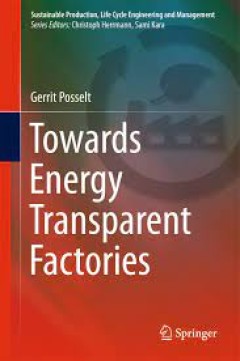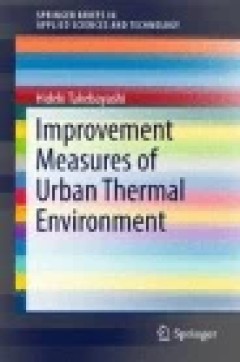Filter by

Ultra-Low-Voltage Design of Energy-Efficient Digital Circuits
This book focuses on increasing the energy-efficiency of electronic devices so that portable applications can have a longer stand-alone time on the same battery. The authors explain the energy-efficiency benefits that ultra-low-voltage circuits provide and provide answers to tackle the challenges which ultra-low-voltage operation poses. An innovative design methodology is presented, verified, a…
- Edition
- -
- ISBN/ISSN
- 978-3-319-16136-5
- Collation
- -
- Series Title
- -
- Call Number
- -

The Empirical Validation of House Energy Rating (HER) Software for Lightweigh…
This book reports on the first empirical validation of “AccuRate,” Australia’s national benchmark software tool for house energy ratings. The validation was conducted by the University of Tasmania in collaboration with Forest and Wood Products Australia, the Australian Government, the CSIRO and industry partners. The study presented here describes the results of graphical and statistical …
- Edition
- 1
- ISBN/ISSN
- 978-3-319-14337-8
- Collation
- XIX, 344, 236 b/w illustrations, 60 illustrations in colour
- Series Title
- Springer Theses
- Call Number
- -

Towards Energy Transparent Factories
This monograph provides a methodological approach for establishing demand-oriented levels of energy transparency of factories. The author presents a systematic indication of energy drivers and cost factors, taking into account the interdependencies between facility and production domains. Particular attention is given to energy flow metering and monitoring. Readers will also be provided with an…
- Edition
- -
- ISBN/ISSN
- 978-3-319-20869-5
- Collation
- -
- Series Title
- -
- Call Number
- -

Improvement Measures of Urban Thermal Environment
Maximizing readers’ insights into urban and architectural environmental planning with consideration for the thermal environment, this work highlights how various urban heat-island strategies have been developed and their effectiveness in urban areas. Specific measures to combat the urban heat-island phenomenon, including improvement of surface cover, reduction of exhaust heat, improvement of …
- Edition
- -
- ISBN/ISSN
- 978-3-319-13784-1
- Collation
- IX, 42
- Series Title
- -
- Call Number
- 338 TAK i
 Computer Science, Information & General Works
Computer Science, Information & General Works  Philosophy & Psychology
Philosophy & Psychology  Religion
Religion  Social Sciences
Social Sciences  Language
Language  Pure Science
Pure Science  Applied Sciences
Applied Sciences  Art & Recreation
Art & Recreation  Literature
Literature  History & Geography
History & Geography